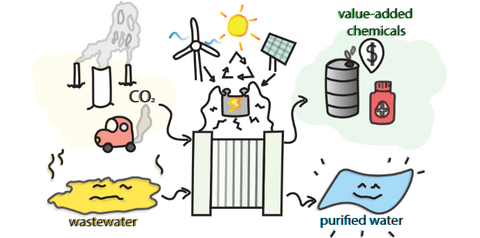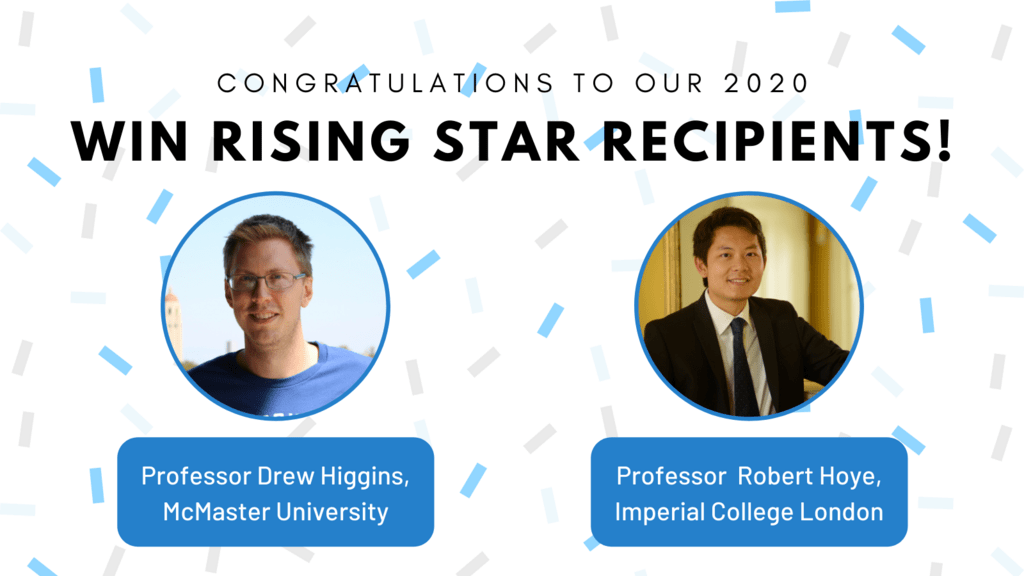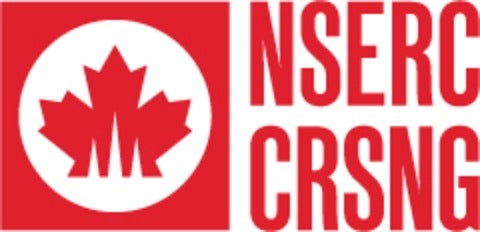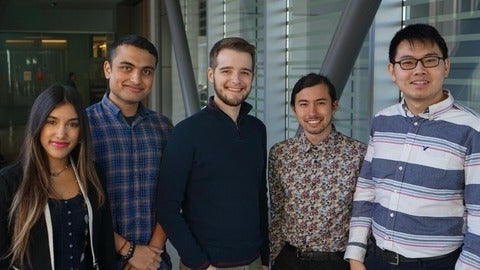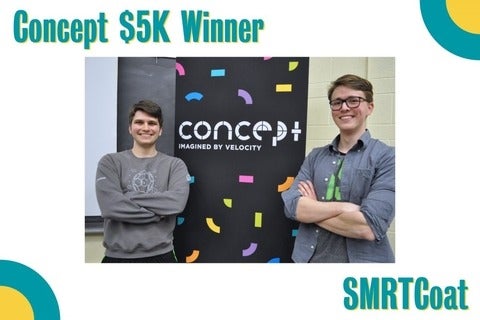Interdisciplinary Collaboration: Goretty Dias and Anna Klinkova
In 2019, the WIN membership expanded beyond the Faculties of Science, Engineering and Mathematics to welcome the first researcher from the Faculty of Environment. Goretty Dias is a sustainability scientist and industrial ecologist and is an associate professor in the School of Environment, Enterprise and Development.
